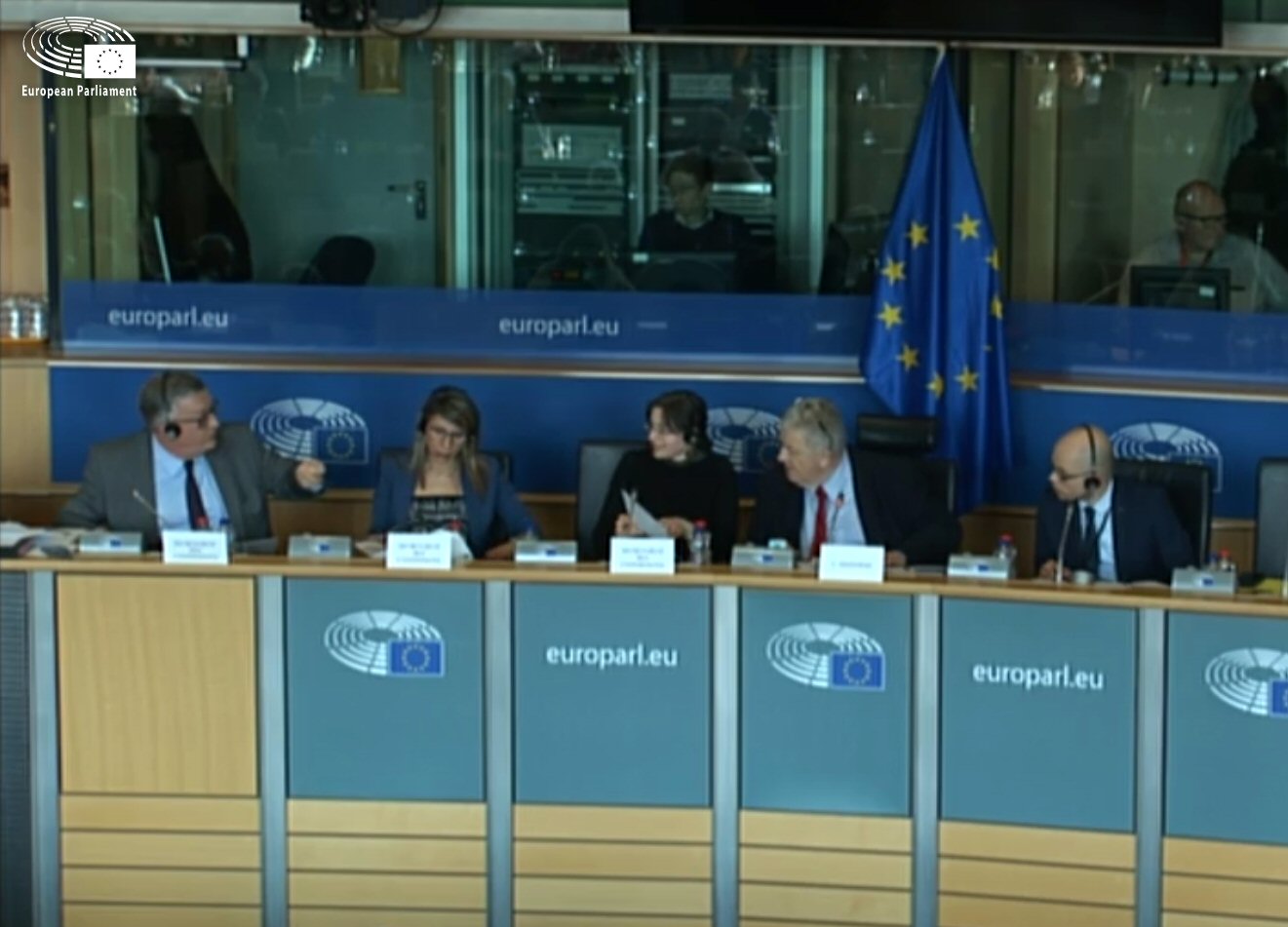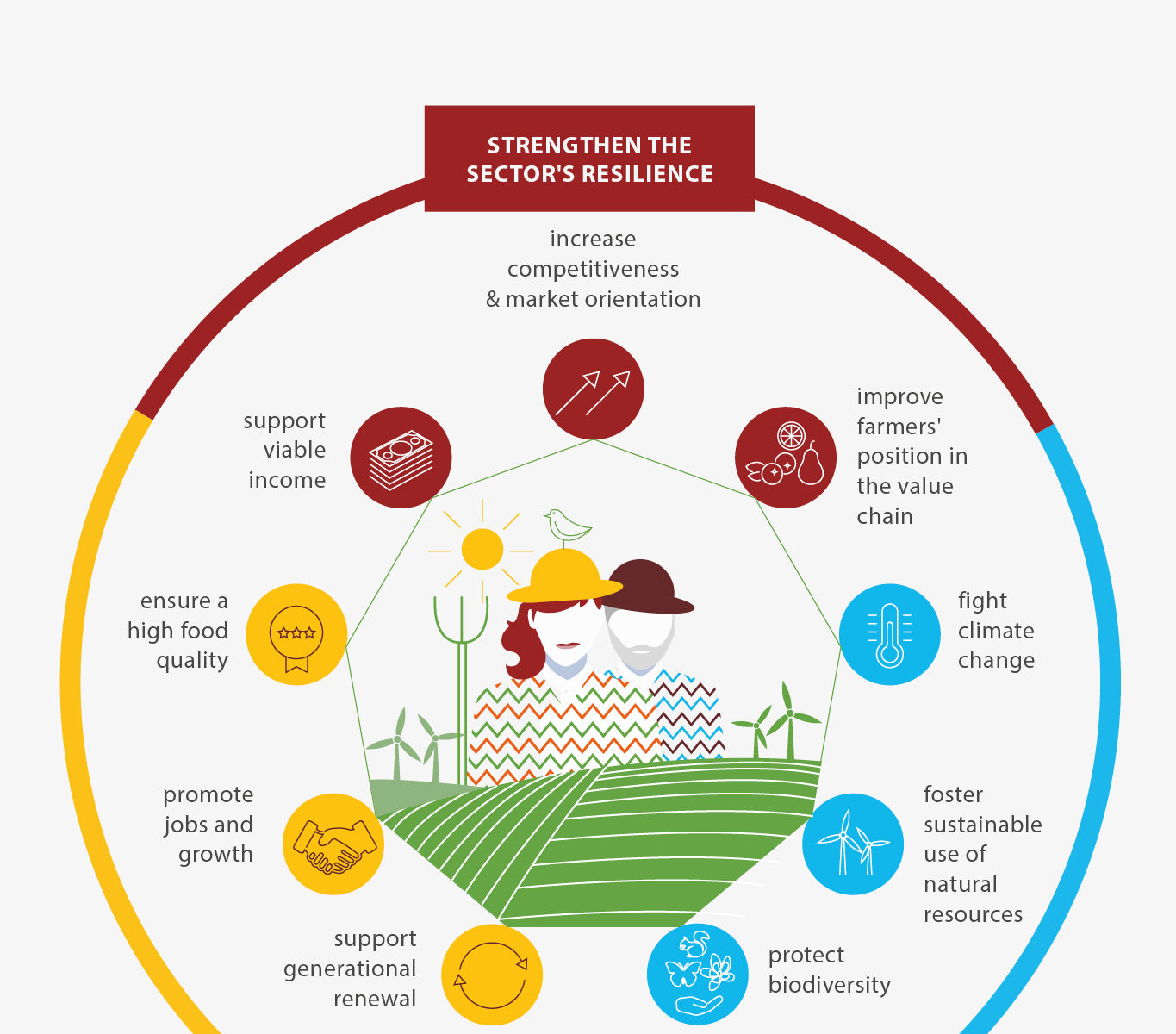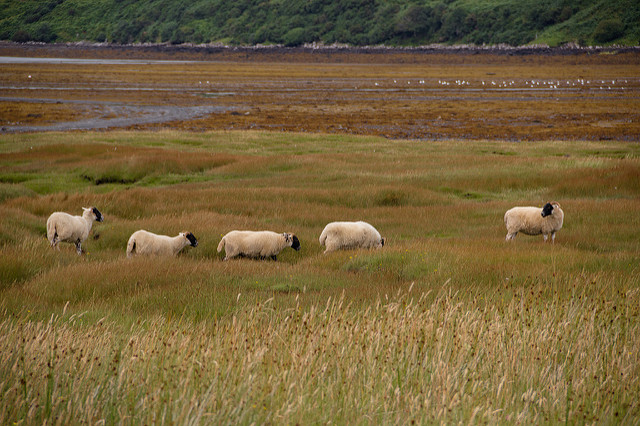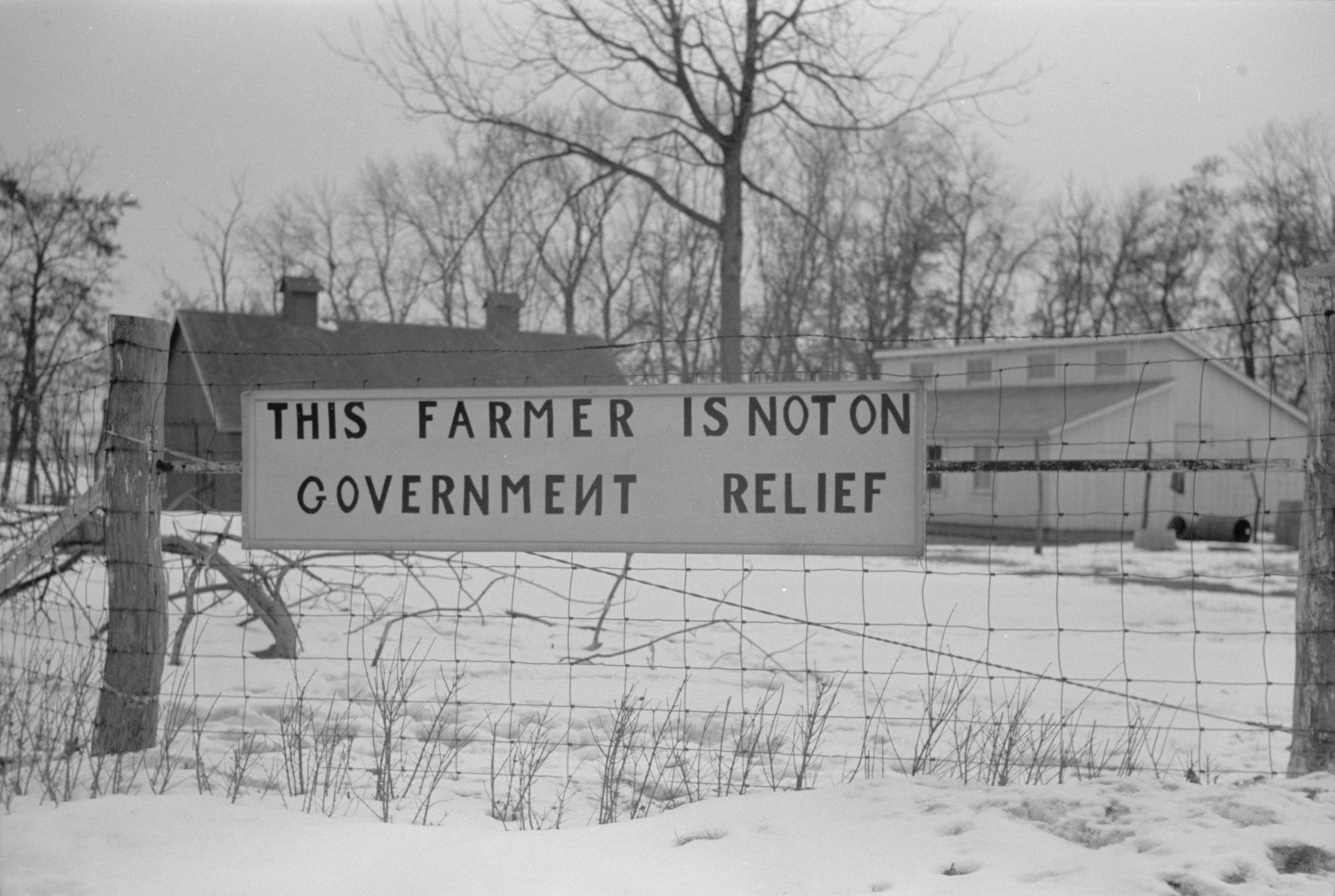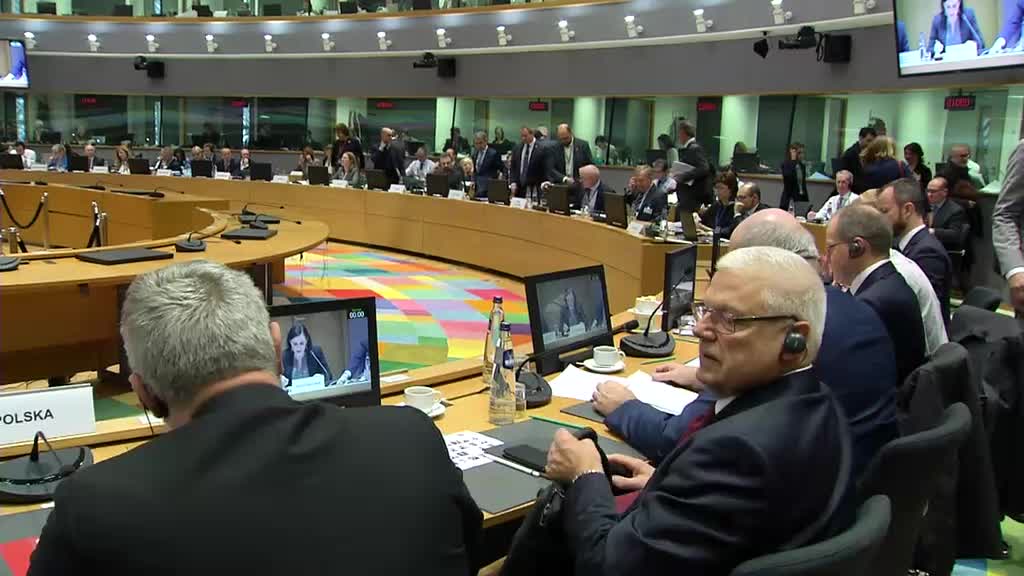Th AGRI Committee voted its Opinion on amendments to the CMO Regulation on Monday 1 April, its Opinion on the Strategic Plan Regulation on 2 April and will vote its Opinion on the Horizontal Regulation on financing, management and monitoring of the CAP today 8 April. I plan to comment on the substantive outcome of these votes in the coming days. In this post I want to comment on a procedural aspect of these votes that I find does not live up to the norms of acceptable practice and which makes it impossible for anyone not in the inner circle to follow the voting on these Opinions.… Read the rest
AGRIFISH Council on CAP reform negotiations in mid-March
The AGRIFISH Council and the AGRI Committee of the European Parliament both held meetings to discuss their respective positions on the Commission’s proposed CAP regulations for the period post 2020 on Monday March 18th last. These meetings provided an opportunity to assess the progress made in each body to agree their initial positions as well as giving some insights into the changes that might be proposed. The AGRIFISH Council meeting was more informative in this respect. The AGRI Committee debate lacked focus because no formal positions were presented at its meeting and we must wait until its April meetings to see the compromise amendments it will decide.… Read the rest
Revamped website
Regular readers will have noticed a lull in activity on the capreform.eu website in the last couple of months. Just before Christmas 2018 the site was hacked and spam posts were mailed out to subscribers. I decided to take the opportunity to rebuild the site with greater security and in the meantime to cease activity. I did write a few posts on a temporary blog which I have now transferred to this site. Those who subscribe to the site and receive posts by mail will have noticed a resumption of activity in the past two days as older posts have been mailed out (sometimes in duplicate, for which I apologise).… Read the rest
UK announces proposed applied tariff schedule in event of no deal Brexit
The UK today announced the tariff schedule it would intend to apply in the event of a no-deal Brexit after 29 March 2019. As far as agricultural tariffs are concerned, Gail Souter, the UK National Farmers’ Union Chief EU Exit and International Trade Advisor, described it in a tweet as “Quite possibly the greatest example of overnight trade liberalisation of an agricultural market ever”. There has been a lot of speculation in the press and social media about what the new arrangements might mean, and particularly the proposed temporary arrangements on the border between Ireland and Northern Ireland. This post sets out the key sources of information and guidance published by the UK government today.… Read the rest
Hogan addresses COMAGRI on environmental ambition in CAP
Commissioner Phil Hogan gave a presentation last week (Jan 24th) on the proposed environmental and climate architecture in the Commission’s legal proposal for the CAP post 2020 to the AGRI Committee of the European Parliament (the video session can be reviewed here). Today Monday (Jan 28th) the Commissioner gives a similar presentation to the AGRIFISH Council.
There are of course technical issues to be clarified around the Commission’s proposals. How will the proposed eco-schemes in Pillar 1 relate to agri-environment-climate measures (AECMs) in Pillar 2? How will Member States’ level of environmental and climate ambition in their CAP Strategic Plans be evaluated, and how will the level of effort across Member States be compared by the Commission when it approves these Plans?… Read the rest
Measuring farmers’ dependence on public payments
There is considerable interest in the amount of support that farmers in the EU receive through public payments. The Commission in its MFF proposal in May 2018 proposed a reduction in the CAP budget (partially offset by increased co-financing contributions from Member States). Member States in the AGRIFISH Council and farm unions as well as the European Parliament have pushed back against this reduction.
A French Memorandum presented to the June 2018 meeting of the AGRIFISH Council asserts that “this decrease on both pillars would undoubtedly threaten the viability of European farms, the income of farmers and their ability to meet the citizen requirements for a healthy, sustainable, affordable and quality food as well as protection of environment and adaptation to climate change”.… Read the rest
Update on the budgetary framework for the CAP post 2020 negotiations
As with the 2013 reform, the legislative process for the Commission’s CAP post 2020 proposal runs parallel to the discussions on its Multi-annual Financial Framework (MFF) proposal. This parallel process creates three complications for the CAP post 2020 negotiations.
The first is that the timing of the agreement on the MFF influences the timeline for concluding the CAP negotiations (let us call this the sequencing issue).
The second is that the size of the CAP budget is not known when the details of the CAP legislation are being negotiated (I refer to this as the budget issue). Uncertainty over the budget may bias the negotiations towards a more conservative CAP, in the sense of one with a lower level of environmental and climate ambition.… Read the rest
State aid rules and the CAP 2020 legislation
State aid rules play an important role in the management of the single market. State aid is defined as any advantage granted by public authorities through state resources on a selective basis to any organisations that could potentially distort competition and trade in the EU. Unless otherwise permitted, State aid is viewed as incompatible with the single market and is prohibited. However, the Treaty leaves room for the granting of State aid in respect of several policy objectives, considering the possibility of market failures and the need for a well-functioning and equitable economy. For example, of relevance to the agricultural sector and forestry, the Treaty considers aid to make good the damage caused by natural disasters or exceptional occurrences as compatible with the single market.… Read the rest
Market and trade effects of the next CAP reform
It is not possible to be definitive about the market and trade effects of the next CAP reform, for two reasons. One is that the Commission’s legislative proposal published in June 2018 is just that, a proposal, that may well be altered, even quite radically, before the new CAP regulations are agreed. The other is that, under the Commission’s proposal, Member States are given significantly more flexibility than they have at present to craft their own agricultural policy interventions in the context of their CAP Strategic Plans. Until these Plans are approved, it is not possible to predict, inter alia, the level of environmental and climate ambition that EU farmers will be asked to meet after 2020, the extent of targeting and redistribution of Pillar 1 direct payments, or the use that will be made of coupled payments.… Read the rest
Member State CAP allocations and progress on the MFF
The Commission’s presentation of its CAP legislative proposals in June 2018 includes Annexes setting out the Member State allocations both for Pillar 1 direct payments (Annex IV of the draft CAP Strategic Plan Regulation) and Pillar 2 rural development (Annex IX of the same draft Regulation). In its draft legislative proposals for the 2013 CAP reform, the Commission had also included an Annex setting out the Pillar 1 Member State allocations (based on the external convergence formula that it had put forward in its MFF proposal a couple of months previously).
But this was not the case for Pillar 2 allocations.… Read the rest

